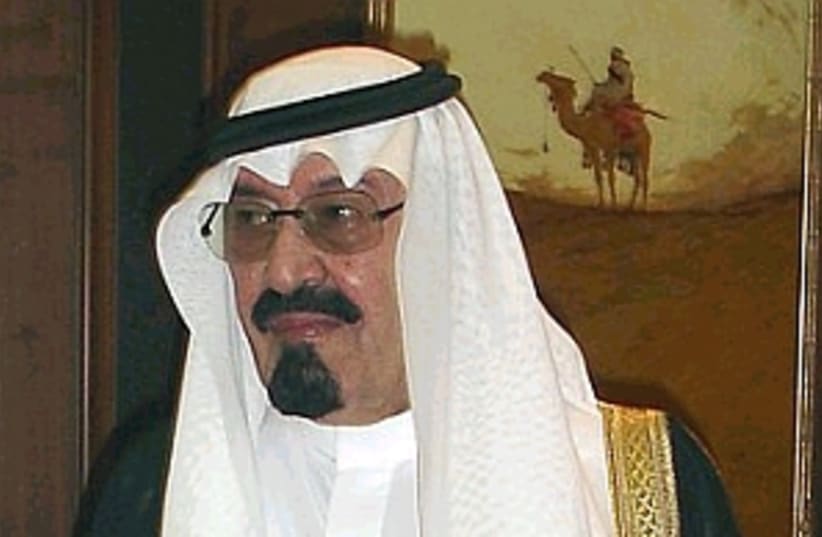| More about: | Al-Qaeda, Saudi Arabia, Osama bin Laden, Barbara Walters |
Saudi king: Al-Qaida will be crushed
Abdullah says he is committed to increasing the rights of Saudi women.


| More about: | Al-Qaeda, Saudi Arabia, Osama bin Laden, Barbara Walters |